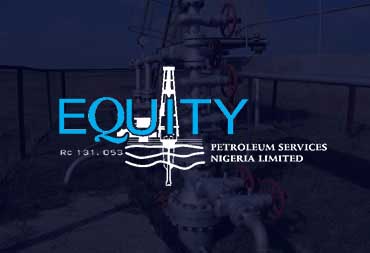Senate President Ahmad Lawan, has said the lawmakers will pass the Petroleum Industry Bill (PIB) this year, noting that it’s a promise to Nigerians.
Lawan who spoke on Monday at a two-day public hearing on the PIB at the National Assembly, said any further delay in the passage of the Petroleum Industry Bill (PIB) will cost more colossal losses to Nigeria’s economy.
Lawan further assured that the current National Assembly had been working assiduously in conjunction with stakeholders to get the bill passed this year.
“This is a promise we have made and that we shall achieve. Nigeria must have an oil and gas industry that benefits its people.
“I want to assure you that we will deal with all issues relating to the oil and gas industry with thoroughness and effectiveness. We cannot afford to delay, as delay will cost more colossal losses to our economy.”
The petroleum industry reforms began in April, 2000, when the then President Olusegun Obasanjo inaugurated the Oil and Gas Reform Implementation Committee.
The work of the reform Committee culminated into the Petroleum Industry Bill which was later transmitted to the 6th Senate in September, 2008 and since then, efforts by successive Senate to get the Bill passed have not yielded the much desired result.
Lawan said: “It is a known fact that the non-passage of the PIB has been a major drag on the industry over the years, significantly limiting its ability to attract both local and foreign capital at a time when many other countries are scrambling to exploit their oil and gas resources.
“The mere knowledge that the nation’s oil industry is still being governed by laws enacted more than 50 years ago is ludicrous and extremely disappointing,” he said.
Lawan said Nigeria’s oil and gas industry has experienced several shocks and prolonged challenges due to obsolete laws.
The senate president highlighted some of the challenges to include those dictated by global practices, the persistent calls for the deregulation of the downstream sector, the agitation of the oil producing communities and the unbundling of the Nigerian National Petroleum Corporation (NNPC).
Source: Daily Trust

